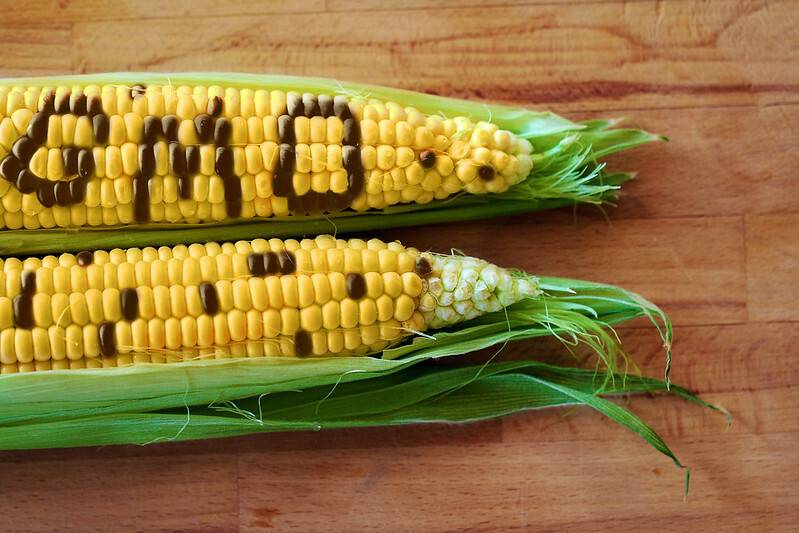Panel Finds Mexico’s Restrictions on US Genetically Modified Corn Violate USMCA
In a significant trade victory for the Biden administration, a trade-dispute panel ruled that Mexico’s restrictions on US genetically modified corn exports violate the US-Mexico-Canada Agreement (USMCA). The ruling, reported by Reuters, comes after a long-running case in which the US Trade Representative’s office argued in favor of all seven legal claims against Mexico’s corn-trade policies.
The panel, consisting of three members, found that Mexico’s restrictions on US genetically modified corn exports are not based on science and violate the USMCA’s chapters on sanitary and phytosanitary measures, as well as on market access and national treatment. The final report recommended that Mexico bring its corn-trade policies into compliance with the trade agreement within 45 days, failing which punitive duties on some exports to the US could be imposed.
In response to the ruling, Mexico’s economy and agriculture ministries expressed their disagreement but stated that they would respect the decision. They provided no details on the steps they would take to comply with the panel’s recommendations. The Mexican government maintained that its measures were aligned with public health protection and the rights of Indigenous peoples.
While Mexico disagreed with the ruling, it acknowledged the importance of dispute resolution mechanisms in the USMCA. The country pointed to a previous case where Mexico and Canada prevailed over the US in an automotive rules of origin dispute, highlighting the balanced nature of the trade agreement.
The dispute over genetically modified corn began shortly after the USMCA came into force in July 2020 when then-President Andres Manuel Lopez Obrador announced a ban on GM corn by the end of 2024, specifically targeting US corn exports. The current President, Claudia Sheinbaum, has upheld this policy despite the ongoing trade dispute.
The US argued that Mexico’s claims about the harmful effects of GM corn on human health were not supported by scientific evidence. US Trade Representative Katherine Tai emphasized the ruling’s affirmation of longstanding concerns about Mexico’s biotechnology policies and their impact on US agricultural exports.
US Agriculture Secretary Tom Vilsack praised the decision, stating that it ensured continued access for US farmers and exporters to the Mexican market. Vilsack also highlighted the importance of agricultural biotechnology in addressing global food security challenges.
Following the ruling, Mexico amended its ban on GM corn, allowing its use for livestock feed and industrialized products for human consumption while maintaining the ban for use in tortillas. Mexican officials defended their restrictions, placing the burden on Washington to demonstrate that US exports do not pose a threat to human health.
The resolution of this trade dispute underscores the complex interplay between trade agreements, scientific evidence, and national policies. It also highlights the importance of transparent and science-based decision-making in international trade relations. As both countries navigate the implementation of the panel’s recommendations, the outcome of this case has broader implications for future trade disputes and agricultural biotechnology regulations.
